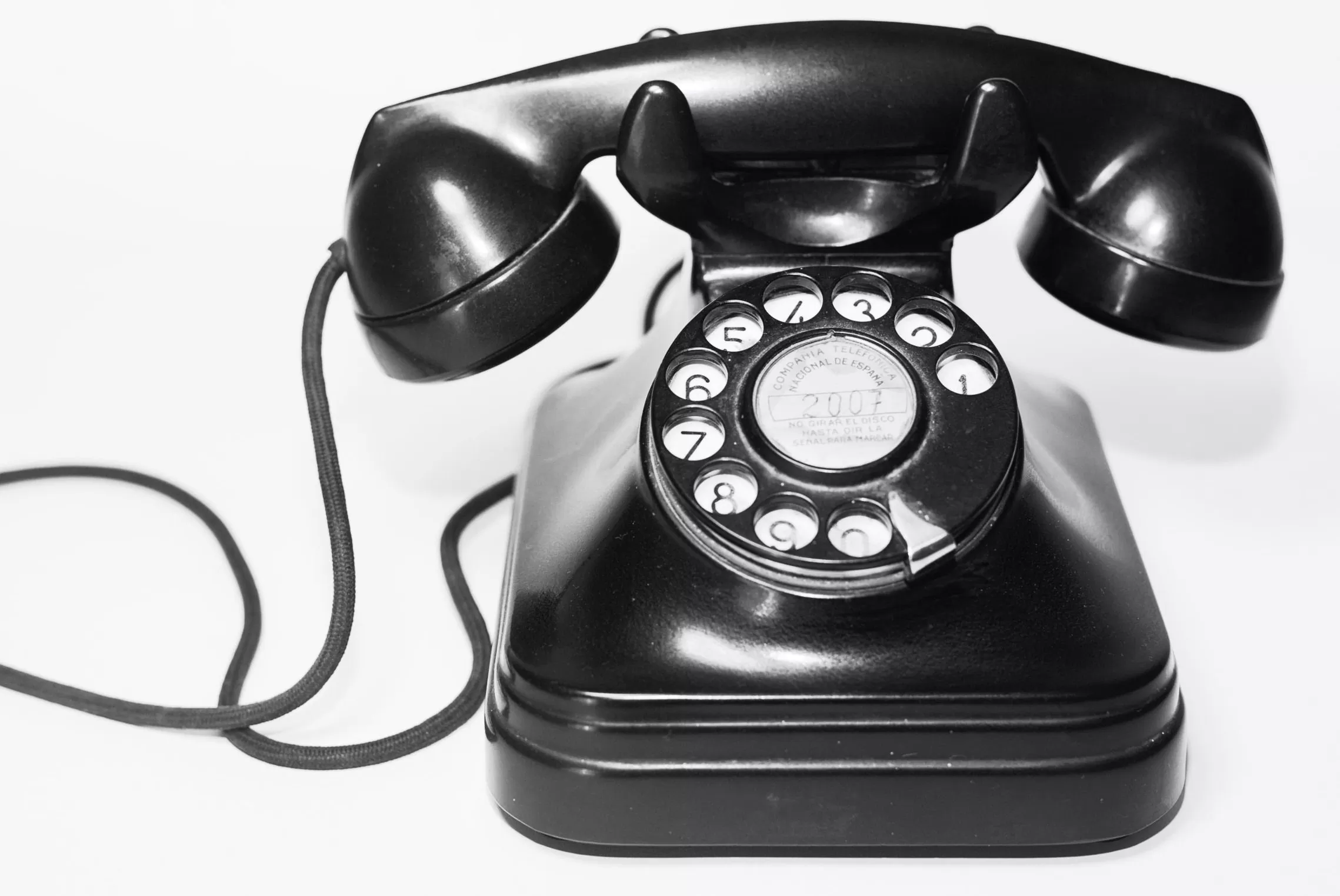COVID-19: Forcing the English Court System into the Digital Age
6 May 2020

Courtrooms in the COVID-19 Era
Amidst the upheaval of the COVID-19 pandemic and the worldwide shutdown it has caused, the courts of England and Wales have been forced to adapt their ways of working virtually overnight to ensure the continued operation of civil justice. One newly released protocol, the Civil Justice in England and Wales Protocol Regarding Remote Hearings (“the Protocol”), has emphasised the growing needs for matters to be handled via remote hearings. This article explores the way the new Protocol on court hearings as a result of the Coronavirus has affected working patterns, the challenges legal practitioners may face in this new climate and potential solutions.
The shift towards virtual hearings
Before the onset of the current pandemic, video hearings were held only at the discretion of the conducting judge and this discretion was rarely, if ever, exercised. However, on 26 March 2020, in response to COVID-19, the Judiciary of England & Wales issued the Protocol, which encourages courts to “undertake as many [remote] hearings as possible so as to minimise the risk of transmission”. This is in line with the Lord Chief Justice, who stated on 31 March 2020 that, “the default position now in all jurisdictions must be that hearings should be conducted with one, more than one or all participants attending remotely”.

The guidance on remote hearings provides a degree of flexibility to parties as to how they wish to progress matters through the courts. Parties will have the choice between leveraging technological resources to conduct the hearing remotely, holding the hearing in court with appropriate precautions in place to curb the virus’ transmission or adjourning the case if neither one of the options is available to the parties. Zoom was used as the platform of choice by parties in a Commercial Court trial National Bank of Kazakhstan & Anr v. Bank of New York Mellon & Ors and Skype in a virtual freezing injunction Motorola Solutions Inc & Anr v. Hytera Communications Corporation Ltd & Ors.
A new Practice Direction has been implemented to supplement the existing rules on remote hearings. In particular, although hearings must be held in public, remote hearings, by their very nature, are private affairs. The Practice Direction balances this by requiring that any hearing that takes place remotely needs to be recorded in a way which allows for the public to attend if they wish to do so.
A move towards remote hearings might reduce the backlog of cases that will need dealing with after the pandemic has abated. That is not to say that remote hearings solve all of the challenges and risks presented by Coronavirus, as staff and judges or parties to litigation may become ill, given the unpredictable and highly contagious nature of the disease. There are also security concerns about using certain technologies for virtual hearings.
Challenges and solutions
There will be inevitable teething trouble with the range of different technologies used. Asserson’s experience in several recent hearings has highlighted this. In one hearing there was some confusion as to whether Zoom or BT MeetMe was appropriate. BT has recently announced that its telephone hearings service is fully booked and no longer available for new hearings. These problems can be solved, given time, by the adoption of universal standard software, appropriately security-tested and reliable, for video and telephone hearings.
Short term fix or long term solution?
Although some rules have been put in place to deal solely with the viral outbreak and should therefore in principal cease to have effect once the pandemic is resolved, if remote hearings prove to be popular, it may be that the courts will allow remote hearings on a permanent basis.
Such a move would surely be welcomed by litigants looking to reduce the cost of hearings and by solicitors and barristers around the UK and beyond who would no longer need to travel to London for more minor hearings and even for trials, where appropriate. It may have taken a pandemic to do it, but the English court system might be about to enter the digital age.
Article written by: Isaac Barron, Chavah Apfelbaum and Syvanne Aloni